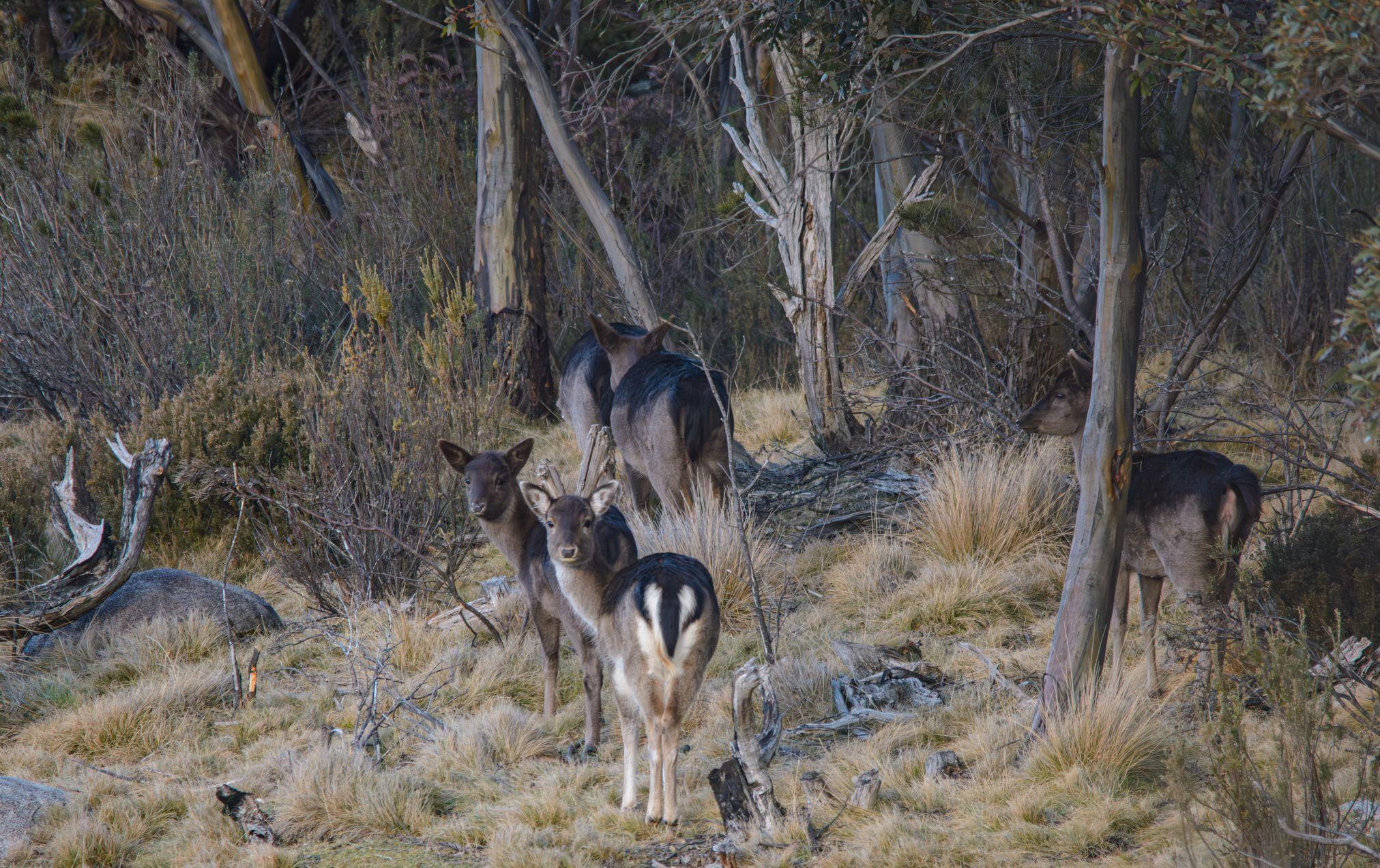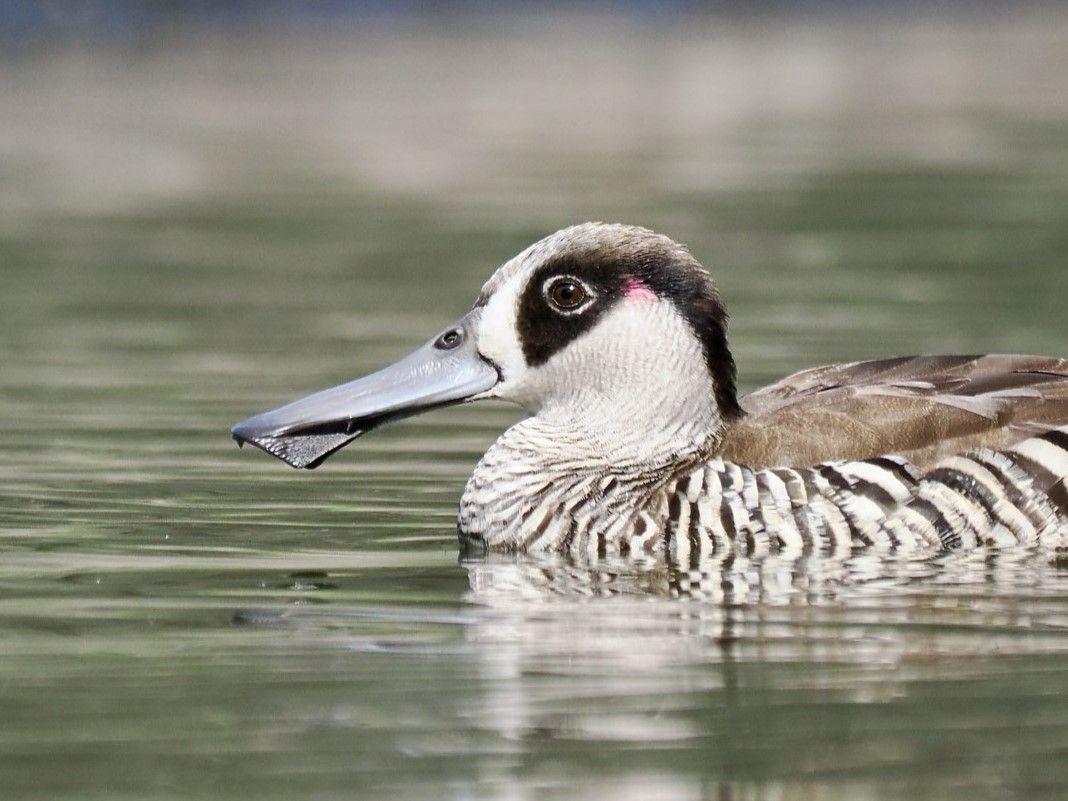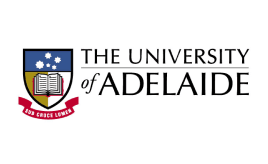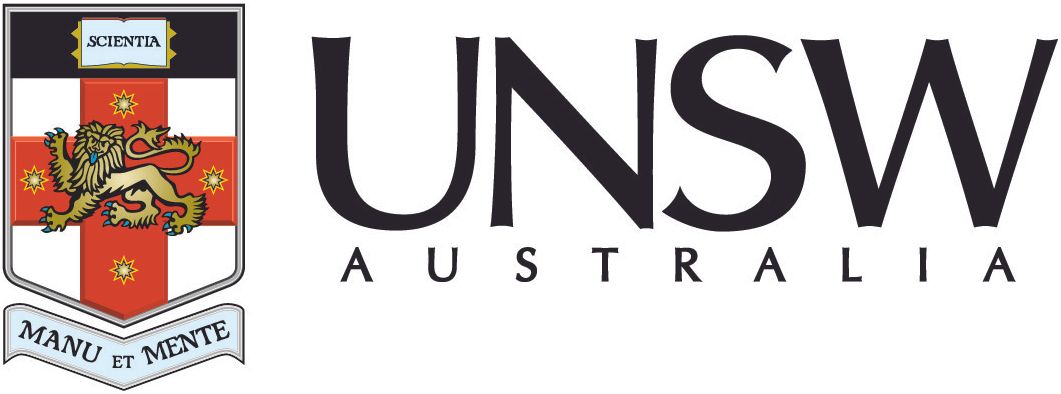No ambition from Victorian Government to bring 50-year-old Wildlife Act in line with modern attitudes

European deer in the Australian bush. Image: Hugo Sun on iNaturalist CC BY-NC
Media Release
21 October 2025
After a four-year delay, the Victorian Government has released its response to the recommendations of an Expert Advisory Panel which reviewed the 1975 Wildlife Act, leaving experts and environment groups disappointed.
Victoria’s Wildlife Act 1975 aims to ensure the protection and sustainable use of all wildlife, which includes native wildlife, as well as non-native wildlife such as deer that has been declared to be wildlife.
According to independent expert group, the Biodiversity Council the Victorian Government has rejected many sensible recommendations from the Expert Advisory Panel, such as:
- removing special protections for invasive deer that currently hamper the ability of farmers and conservation managers to reduce the impact of the non-native animals on agriculture and nature.
- requiring the minister to be satisfied that duck populations are stable or improving and hunting will not jeopardise their conservation before opening the duck hunting season.
- establishing an independent conservation regulator to ensure that decision-making is free of political interference.
- removing unprotection orders from native species, which will continue to be applied to native species like dingoes where the government chooses.
The Expert Advisory Panel was appointed by the Minister for Energy, Environment and Climate Change in 2020, and collected the views of more than 1,000 individuals and organisations before delivering its 100-page report in 2021.

Member of the Expert Advisory Panel and Biodiversity Council Co-Chief Councillor Yuin man Dr Jack Pascoe from the University of Melbourne said that the response to the Panel’s 100-page report is a mixed bag, but was generally underwhelming and lacked ambition for the meaningful change required to ensure the future of our wildlife populations.
“The Victorian Government appointed Expert Panel invested extensive time in consulting Traditional Owner and other groups about their perspectives and priorities for wildlife management, and there was an opportunity for some very good work.
“Many people who participated in consultations in good faith are going to feel let down by the lack of ambition and progress from the Victorian Government in what has been released today.
“The proposal includes some improvements that should be applauded, including a commitment to increase penalties for wildlife crime, but there is no evidence of the much larger reforms that are desperately needed to halt the decline of our wildlife populations.
“There is in principle support of recommendations regarding the rights of Traditional Owners and Aboriginal Victorians to self-determination with respect to wildlife which is positive, but there is no clear pathway or timeline for these amendments.”
Lis Ashby, Policy and Innovation Lead at the Biodiversity Council, said, the Victorian community and wildlife need better.
“One quarter to one third of Victoria’s terrestrial plants, birds, reptiles, amphibians and mammals are threatened with extinction, and that the longer-term outlook for many threatened species is poor.
“Victoria’s 2023 State of the Environment Report reported that assessments of the state’s threatened mammals, birds, reptiles, frogs, invertebrates and freshwater fish determined each to be in poor condition and deteriorating.
“The Government’s response to the Panel’s recommendations is incredibly vague. While there is in principle support for many of the actions, few recommendations have timeframes.
“The Victorian Government’s current proposal will not address the fundamental flaws of the 50-year-old Act and bring it into line with modern-day community attitudes on wildlife or address the states catastrophic rates of biodiversity decline.
“The Panel recommended a new Act be developed to address key issues and bring the Act into the 21st century, but this response signals that the Victorian Government intend to just make a new round of tweaks.
“Since it passed into law 50 years ago, the Wildlife Act has been amended 125 times but has not materially changed. The Victorian Government’s latest proposal is sadly more of the same.
“The changes have not even addressed straightforward recommendations from the review to remove protections for deer and declare them pest species, and for more robust requirements for determining if a duck hunting season should occur.”














